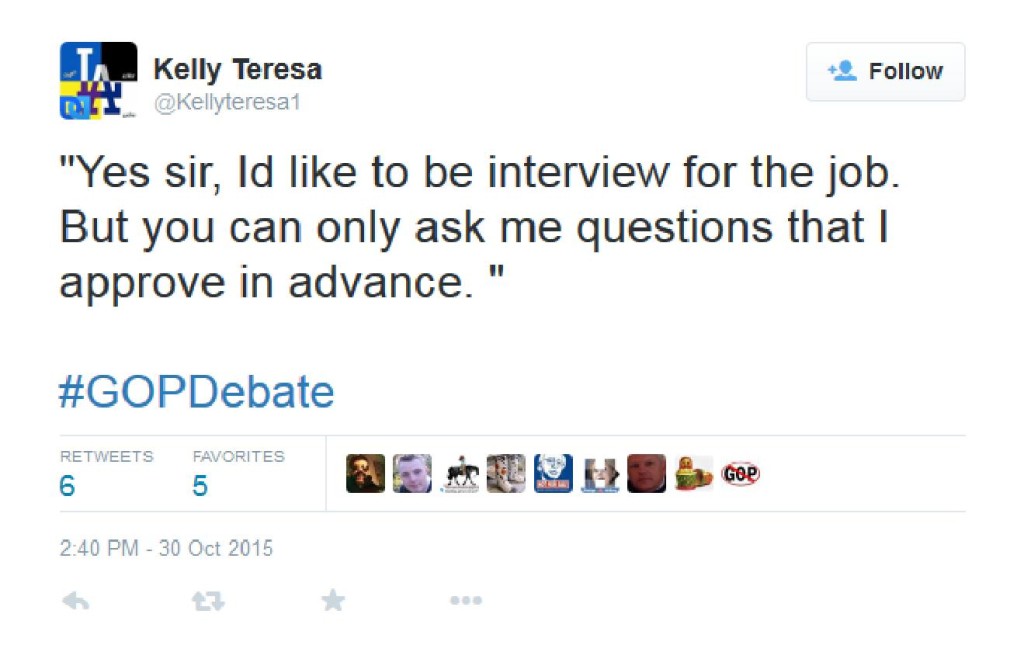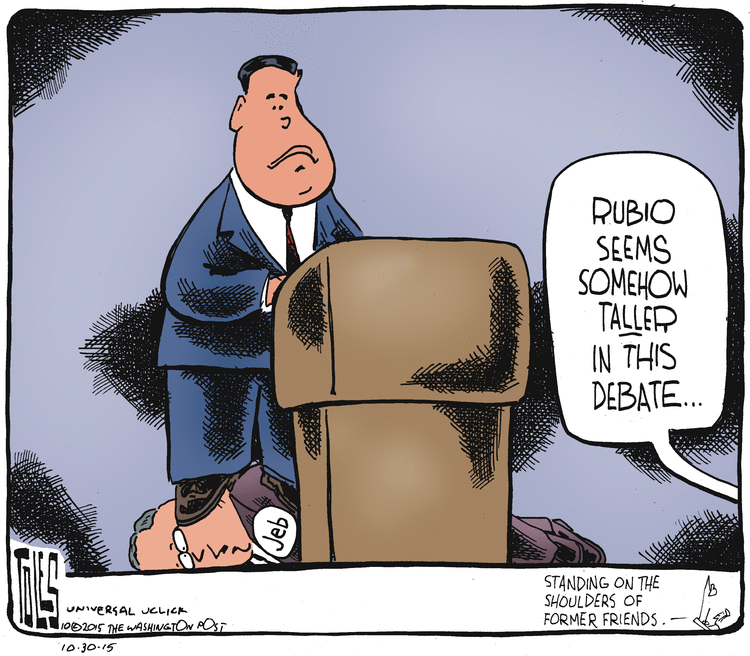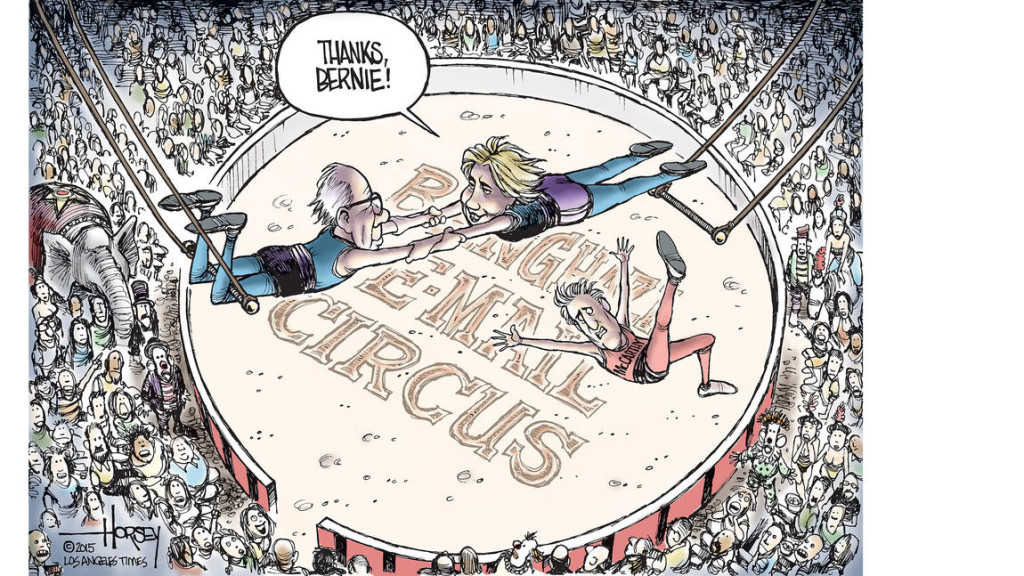No, it isn’t Kobe, it’s the corporations that backed the GOP in November. When Republicans took control of both houses of Congress, they won an important new power: They now can change how the Congressional Budget Office (CBO) scores tax cuts and budget cuts. The changes they are planning can be used to make tax cuts appear less harmful to the deficit.
For years, the GOP has wanted to change the way that the (supposedly) nonpartisan CBO calculates — or, in Washington speak, “scores” — the budgetary impact of changes to the tax code. The methodology that the Republicans want to use is called “Dynamic Scoring”. Dynamic Scoring has been popular among conservatives since the 1970s. Instead of just figuring out how much more money a tax increase would produce for the Treasury, or how much a tax cut would cost in lost revenue, the GOP wants to use complex computer models to try to predict the long-term, and broader impact of hikes and cuts on the economy, since they are looking for proof of GDP and tax revenue growth.
Here’s how it would work. In January, Republicans will be in charge of the CBO, which produces official budget projections and the Joint Committee on Taxation (JCT), which calculates how tax laws affect revenue.
Today, when the CBO and the JCT calculate the impact of tax laws on government income, they consider how Americans might alter their behavior in response to tax rate changes. But the two staff departments do not evaluate how tax legislation could affect economic growth—largely because those sorts of impacts are hard to predict.
Republicans have believed this as an article of faith since the days of St. Ronnie. Tax cuts lead to greater economic activity, which in turn produces greater tax revenues—a perpetual motion revenue machine that is the wet dream of most Republicans. Scott Walker used this kind of “math” in Wisconsin. The result? A $2.1 Billion budget shortfall. Oh, and there is Kansas, where another Republican governor, Sam Brownback, is staring at $1.3 billion in deficits after cutting taxes and hoping for economic growth.
Math can be much easier when the answer is whatever you want it to be. But, the new math is the first step toward passing the Republican version of tax reform.
A keystone of any successful tax reduction plan is that they ought to be revenue neutral, that is, tax receipts will not go down, despite tax cuts. Using this form of new Republican math, you can inflate the value of possible future revenues from today’s tax cuts. That can be sold to the American people as a new version of “revenue neutral” although it is really a new version of “take the nickel little boy, it’s bigger than the dime”. This is extremely appealing to Republicans, since it makes tax cuts appear to cost the government less than they actually do – it allows them to say that tax cuts mostly pay for themselves—and wave the JCT-CBO seal of approval to justify that claim.
Democratic leaders and progressive economists reject dynamic scoring as an accounting gimmick, pointing to the aftermath of the Bush tax cuts as evidence that tax breaks do not create tax revenue. The Washington Examiner reports that Kenneth Kies, a GOP-nominated former director of the JCT, says that this accounting device falls:
Somewhere between pure mathematics and theology.
The real dynamic score will be by America’s corporations and financial firms.
Think it won’t happen? Incoming Chair of the House Ways and Means committee (which has jurisdiction over tax reform), is Rep. Paul Ryan (R-WI). Last week, in an interview with the Washington Post, Ryan said he will push to make sure that the two congressional budget scorekeepers use dynamic scoring when evaluating GOP tax reform legislation. Sen. Orrin Hatch (R-Utah), incoming Chair of the Senate Finance Committee, said last week that he was open to implementing the change.
Ryan and Hatch can implement dynamic scoring by simply ordering the two budget scorekeepers to accept this budgeting method. If such direct intervention seems too heavy-handed, Republican legislators have another option: They can appoint directors at the CBO and JCT who will use the kind of assumptions the GOP favors. Democrats can do nothing to prevent that.
So, what will stop Congress from using politically motivated economic models that incorporate rosy assumptions? Absolutely nothing.
Behold the future − you voted in the Republicans.
In practice, Dynamic Scoring is just another way for Republicans to enact tax cuts and block tax increases. It is not about honest revenue-estimating; it’s about using smoke and mirrors to institutionalize Republican ideology into the budget process.














